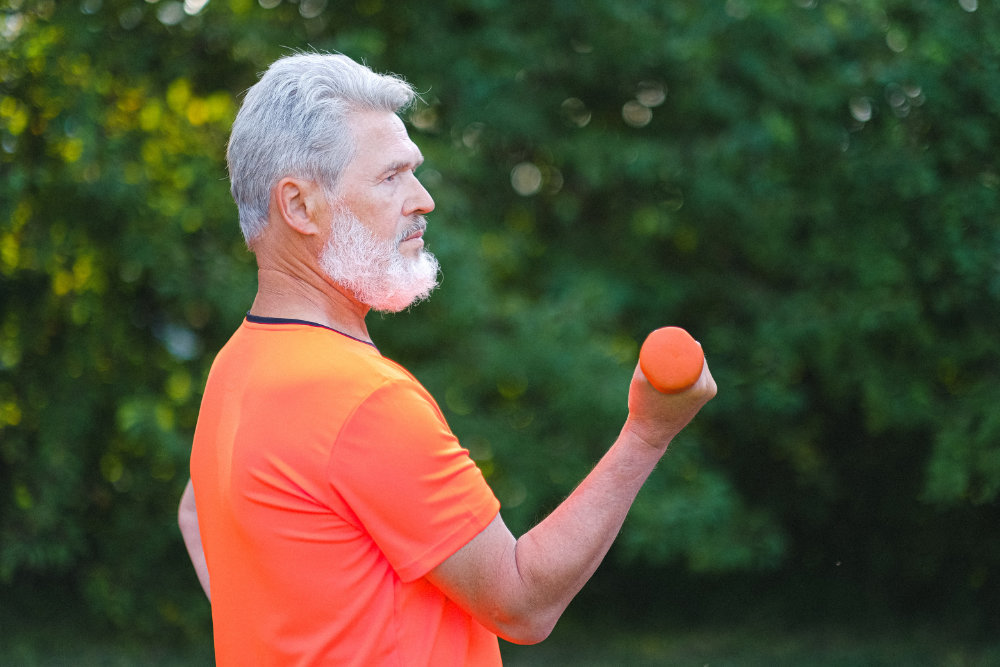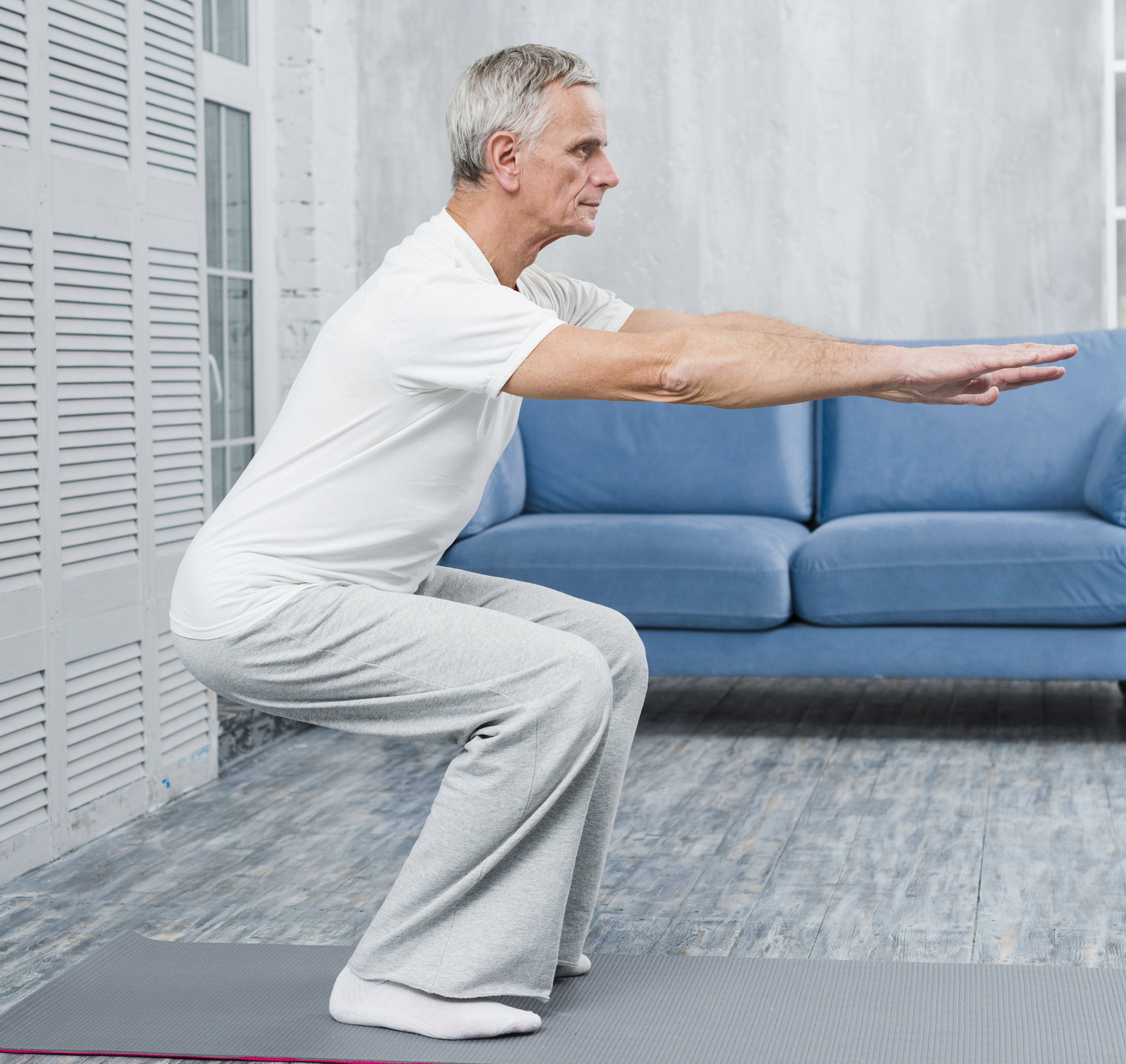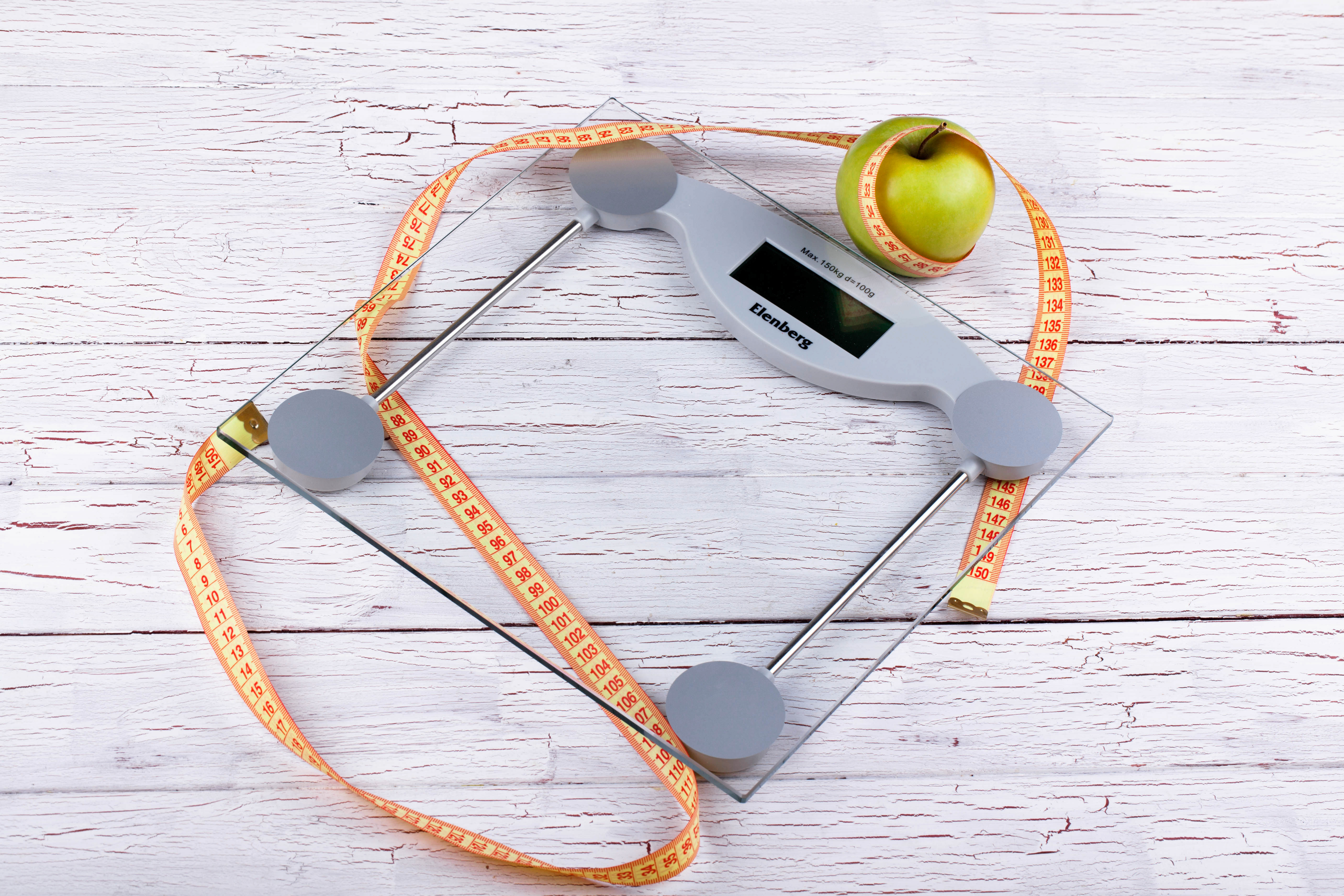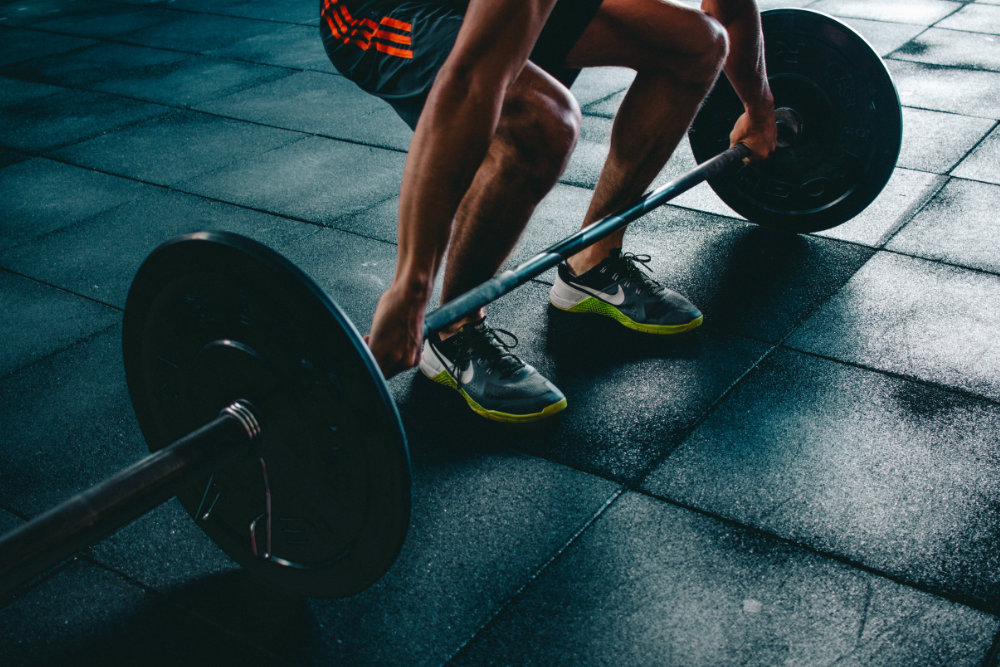
By: Andy C
Added: 28 September 2023
Dispelling the Myth of Natural Muscle Loss
One of the prevailing myths about ageing is that muscle naturally reduces as we get older. While it is true that some muscle loss can occur due to the ageing process, research has revealed that the primary cause is a decrease in physical activity.
Inactivity leads to muscle disuse and results in muscle reduction.
Therefore, maintaining an active lifestyle and engaging in strength-building exercises are essential for preventing muscle loss and enjoying a strong physique throughout life.
Scientific Evidence and Long-Term Strength Programs
Several studies have proven that individuals can effectively build muscle and gain strength as they age through dedicated strength training programs. A research study conducted by Izquierdo et al. (2010) demonstrated that older adults who participated in a 24-week resistance training program experienced significant increases in muscle mass and strength.
The study highlighted the remarkable ability of the human body to adapt and respond positively to progressive resistance exercises, regardless of age.
Additionally, a meta-analysis conducted by Peterson et al. (2010) further emphasised the benefits of long-term strength training. The analysis of over 2,000 participants showed that older adults who engaged in ongoing resistance training gained substantial muscle mass, increased their bone mineral density, and enhanced their overall physical capacity.
Combining Aerobic Exercise with Strength Training
While long-term strength programs undoubtedly have numerous benefits, incorporating some form of anaerobic exercise like HIIT or circuit training can provide additional advantages. Aerobic exercise enhances cardiovascular health, burns calories, and can even promote muscle growth if done at the correct intensity.
Age should never be a barrier to building muscle, increasing bone strength, or improving overall physical fitness. Contrary to popular belief, muscle loss is primarily attributed to a decline in physical activity rather than the ageing process alone.
Scientific evidence supports the notion that long-term strength/resistance programs, combined with some form of anaerobic exercise such as HIIT or circuit training, provide the greatest benefits for older adults seeking to enhance their bodies and overall health.
References:
Izquierdo, M., et al. (2010). Effects of strength training on muscle power and serum hormones in middle-aged and older men. Journal of Applied Physiology, 109(2), 149-157.
https://pubmed.ncbi.nlm.nih.gov/11247952/
Peterson, M. D., et al. (2010). Resistance exercise for muscular strength in older adults: A meta-analysis. Ageing Research Reviews, 9(3), 226-237.
https://pubmed.ncbi.nlm.nih.gov/20385254/
More Personal Training News

The power of consistency to build a fitness routine that sticks
We all know how tough it is to stick to a fitness plan. Life gets busy, motivation fluctuates, and sometimes exercise slips down our priority list..

Can eating your way to healthy aging make a BIG DIFFERENCE
When it comes to healthy aging, many people often focus solely on exercise. While staying active is crucial, recent research highlights just how powerful our diet is in determining our health as we age..

Is Fluoride in the water a helpful fix or just covering the cracks
There’s talk again about adding fluoride to drinking water (this time in Plymouth) as a way to tackle rising levels of tooth decay, especially in children..

Simple Mobility Exercises to Relieve Stiff Joints
If you're spending all day at a desk, you've probably had to put up with creaking joints, cramped muscles, and occasional aches. The bright side?.

How Strength Training helps to Relieve Pain in Knees
Knee pain is infuriating. It can creep up on you over a period of time or hit you after many years of keeping active..

How to manage stress while maintaining good health
Life in a high-pressure job can be demanding, and stress often feels like an unavoidable companion..

Is GLP1 a New Tool in the Fight Against Obesity
The UK government recently announced [1] a major trial investigating weight-loss drugs like GLP-1 agonists (e.g., tirzepatide) as part of the ongoing strategy to tackle rising obesity..

Why New Year's Resolutions often fail and how to Succeed
Did you know that a huge number of people (nearly 80%) give up on their New Year's resolutions by February?.

Gut Health The Game Changer for 2025
Gut health is fast becoming the wellness buzzword, and for good reason..

Understanding and Implementing Contrast Strength Training
Strength training has evolved into a science, and one method standing out in both athletic performance and general fitness is contrast strength training..

Turmeric: The Golden Spice of Health and Fitness
Turmeric, a vibrant yellow spice native to Southeast Asia, has gained global recognition not only for its culinary appeal but also for its impressive health and fitness benefits..

Sitting too much is harming your heart
Modern lifestyles have made prolonged sitting a daily norm, from long office hours to unwinding on the couch..

Why High Calorie Restriction Diets Don't Really Work
When people want to lose weight fast, the first instinct is often to drastically cut calories, believing that eating less will lead to quick fat loss..

Strength Training Builds a Foundation for Lifelong Health
As we age, maintaining our physical health becomes increasingly important, yet many people still believe that getting stronger is something reserved for younger years..

Top 10 benefits of Resistance Training has for treating the symptoms of lower back pain
Resistance training offers lots of benefits for treating the symptoms of lower back pain, making it an essential part of a pain reductions programme..

The Power of Protein: Why your body needs it
What exactly makes protein so essential, and how can you ensure you're getting the healthiest sources?.

Is a periodised training programme only beneficial for athletes
When it comes to achieving optimal fitness and performance, the concept of periodised training has long been a cornerstone in the world of athletics..

Can Exercise Reverse Type 2 Diabetes
Different forms of exercise, from aerobic activities to resistance training and HIIT, offer unique benefits in improving insulin sensitivity and overall health..

Is Exercise a Natural Antidote to Depression
Incorporating physical activity into your routine can contribute to a brighter, more resilient mental state..

Does Static Stretching Before Exercise Decrease Performance
Numerous scientific studies have shown that static stretching before exercise can actually have a negative impact on performance..

The Benefits of Resistance Training for Children
Resistance and weight training have long been associated with building muscle and improving strength in adults. However, there is a growing body of evidence suggesting that these forms of exercise can also be highly beneficial for children and adolescents..

Is Strength Training good for managing the Menopause
Menopause is a significant phase in a woman's life, marked by hormonal changes that can bring various physical and emotional challenges..

Is the Kettlebell the Ultimate Workout Tool
In the realm of fitness, the search for the ultimate workout tool is endless. When it comes to efficiency, versatility, and effectiveness, I think it could be the kettlebell..

Don't be a cave man....be active this autumn
The nights getting darker and temperature dropping signal a time for cozy evenings and warm comfort foods. With this change in season also comes a tendency to slow down, exercise less, and indulge in calorie-rich treats..

Hypertension and High Intensity Interval Training
If you’re currently suffering from hypertension or pre-hypertension then perhaps carrying out some form of High Intensity Interval Training (HIIT) might be able to help reduce it..